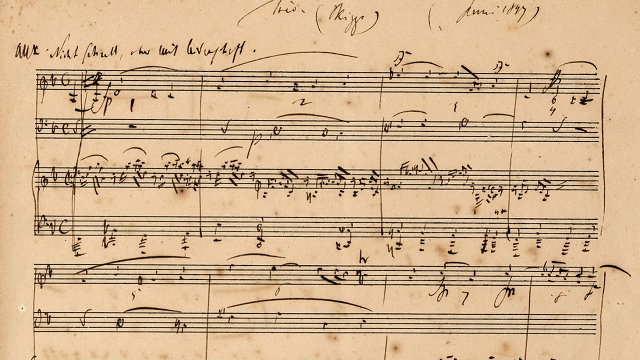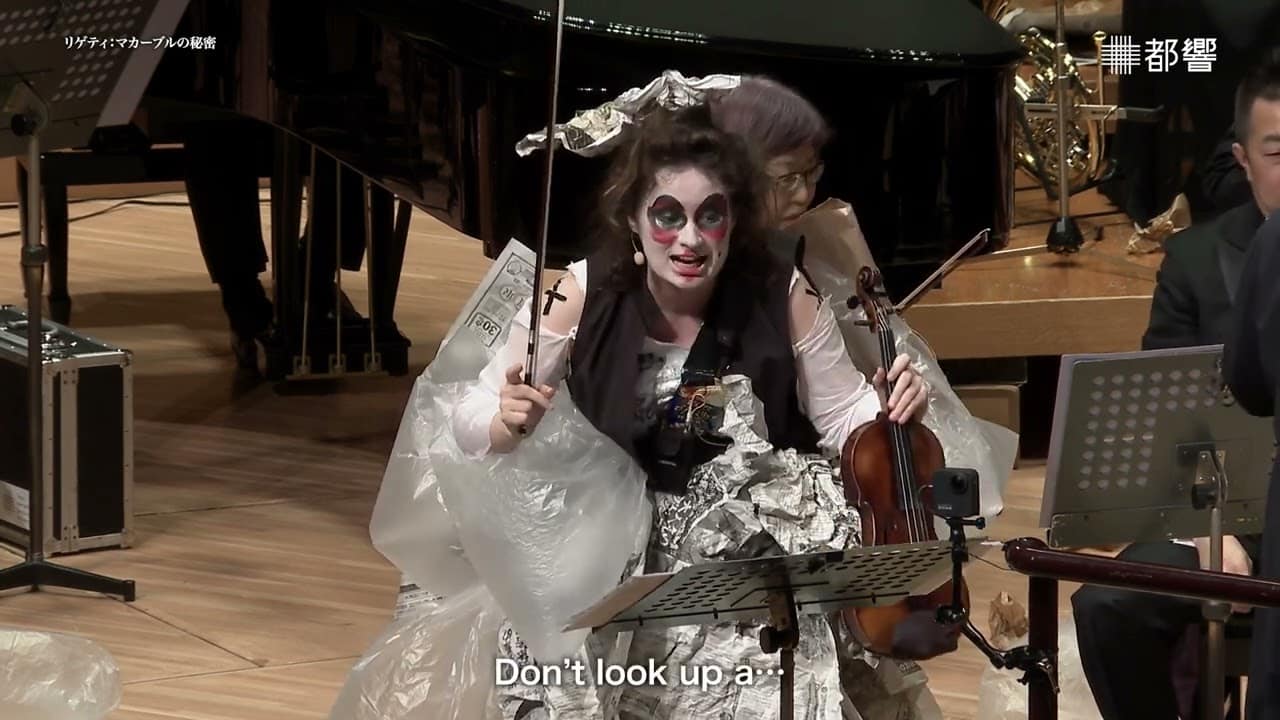Can Mahler rescue Schumann’s flawed symphonies?
Album Of The WeekFrom the Lebrecht Album of the Week:
he symphonies of Robert Schumann are vastly influential and infrequently performed. There are problems with some of the instrumental writing, but the main impediment is the lack of a big tune that folks could hum on their way home. Schumann does large themes, not big tunes. Here and there (in the opening movement of the first symphony, for instance) they are large enough to be portentous, only to sound pretentious on repetition. Of the four symphonies, only the third has genuine audience appeal.
Still, Schumann cannot be ignored….
Read on here.
And here.
En francais ici.






Comments